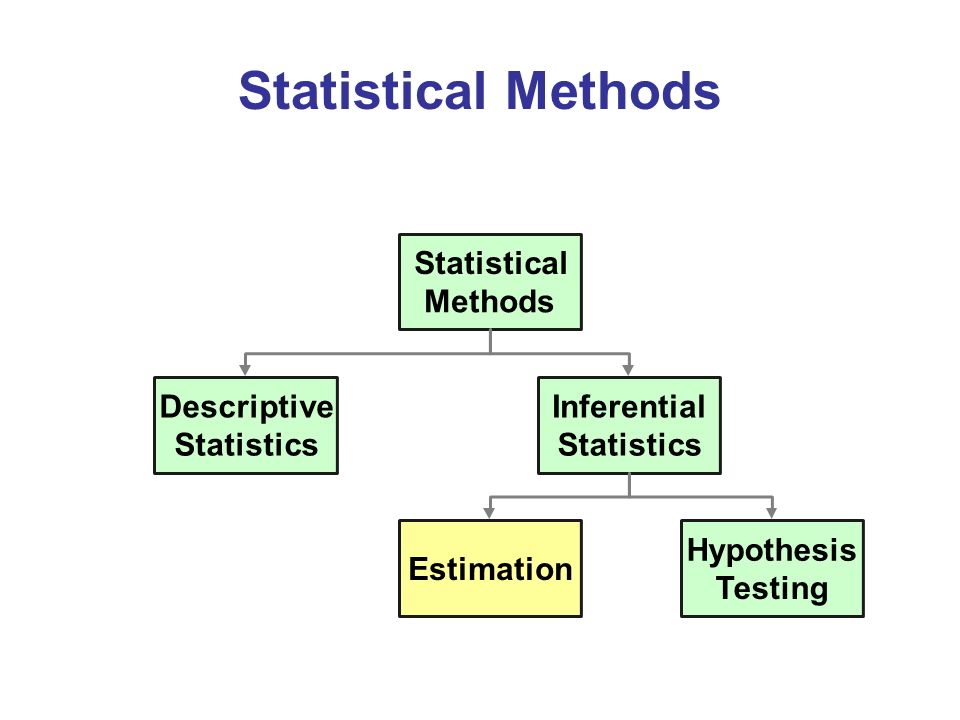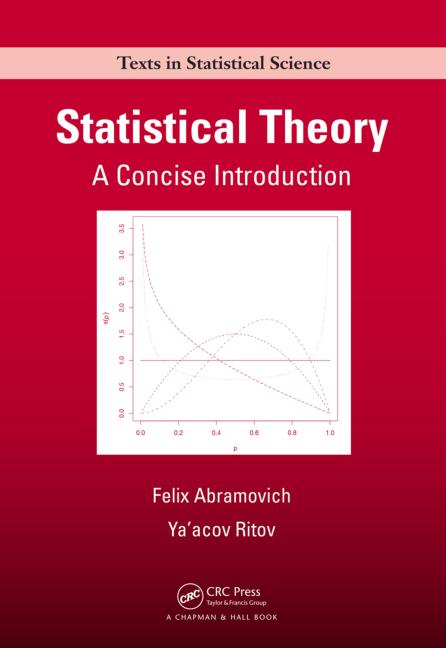Recently, optional stopping has been a subject of debate in the Bayesian psychology community. Rouder (2014) argues that optional stopping is no problem for Bayesians, and even recommends the use of optional stopping in practice, as do Wagenmakers et al. (2012). This article addresses the question whether optional stopping is problematic for Bayesian methods, and specifies under which circumstances and in which sense it is and is not. By slightly varying and extending Rouder's (2014) experiments, we illustrate that, as soon as the parameters of interest are equipped with default or pragmatic priors - which means, in most practical applications of Bayes factor hypothesis testing - resilience to optional stopping can break down. We distinguish between three types of default priors, each having their own specific issues with optional stopping, ranging from no-problem-at-all (Type 0 priors) to quite severe (Type II priors).
翻译:最近,任选停止已成为巴伊西亚心理学界辩论的主题。鲁德尔(Ruder(Ruder)(2014年)认为,任选停止对巴伊西亚人来说没有问题,甚至建议在实践中使用任选停止,正如Wagenmakers等人(2012年)所做的那样(2012年) 。 本条涉及选择停止是否对巴伊西亚方法有问题的问题,并具体说明了在什么情况下,在什么情况下,在什么情况下,它是否具有意义。 通过稍有差异和扩展鲁得(2014年)的实验,我们可以说明,只要兴趣参数中包含默认或务实的前题 — — 这意味着,在最实际应用拜伊斯系数假设测试时,对可选停止的复原力就会崩溃。 我们区分了三种类型的默认前科,每个前科都有他们自己的特定问题,有可选停止,从无问题无处处处处处(Type 0 press)到相当严重的(Type II 前科) (Type exps) ) 。



